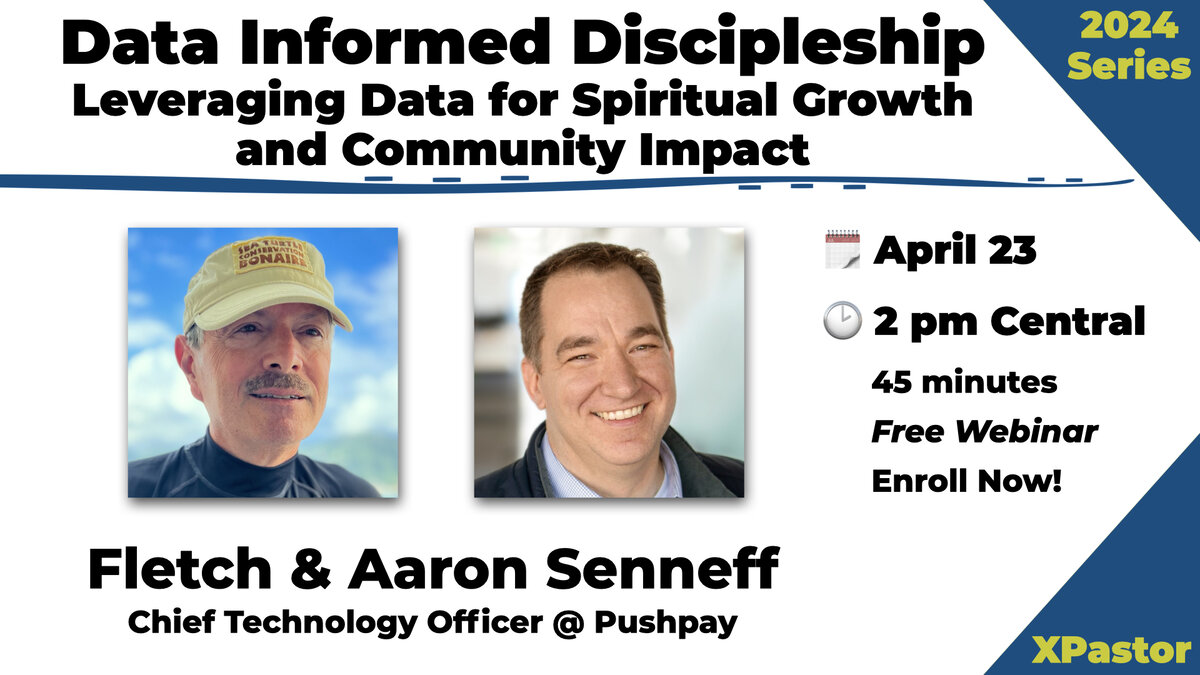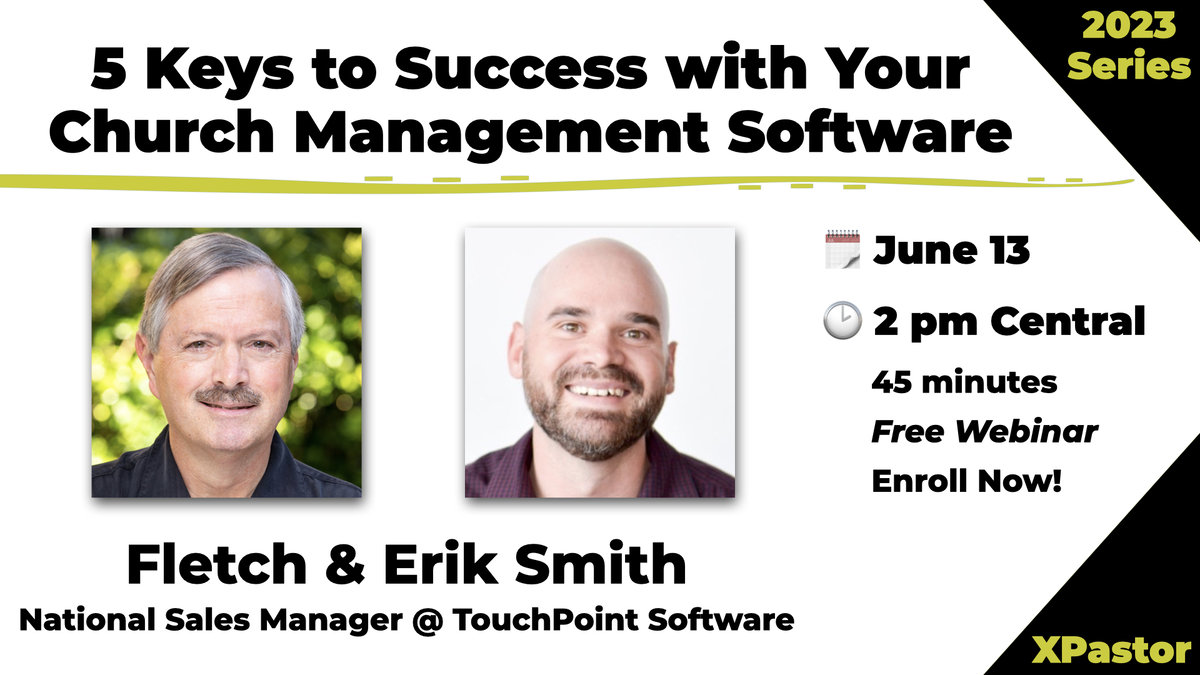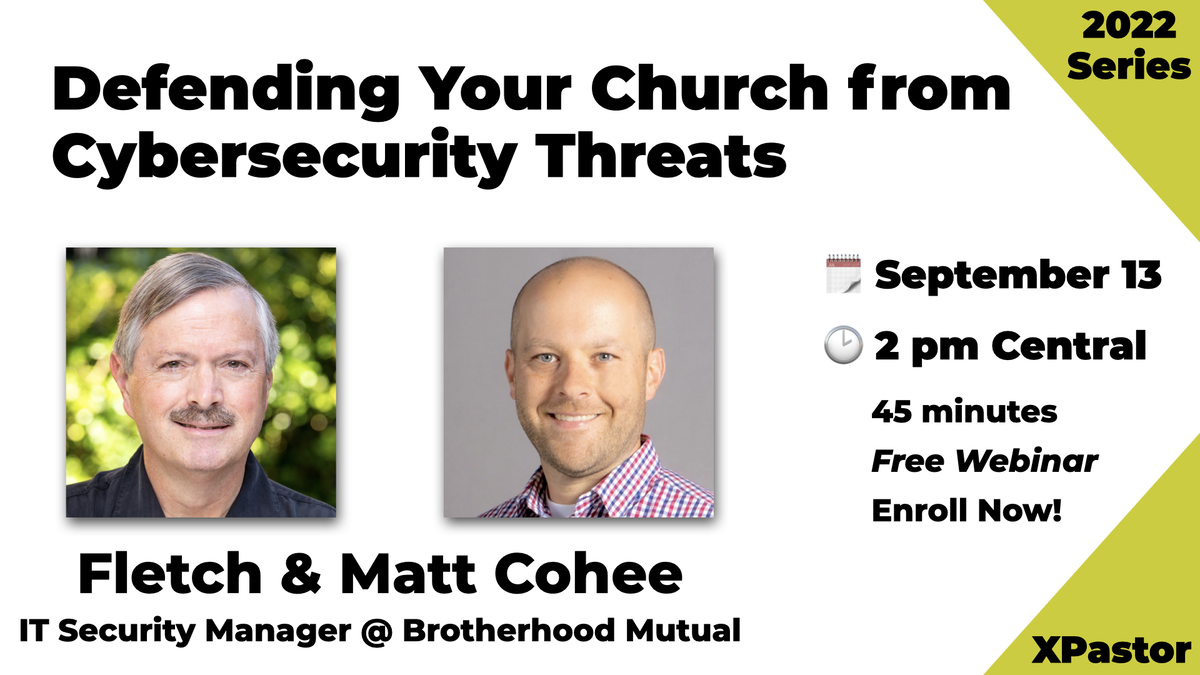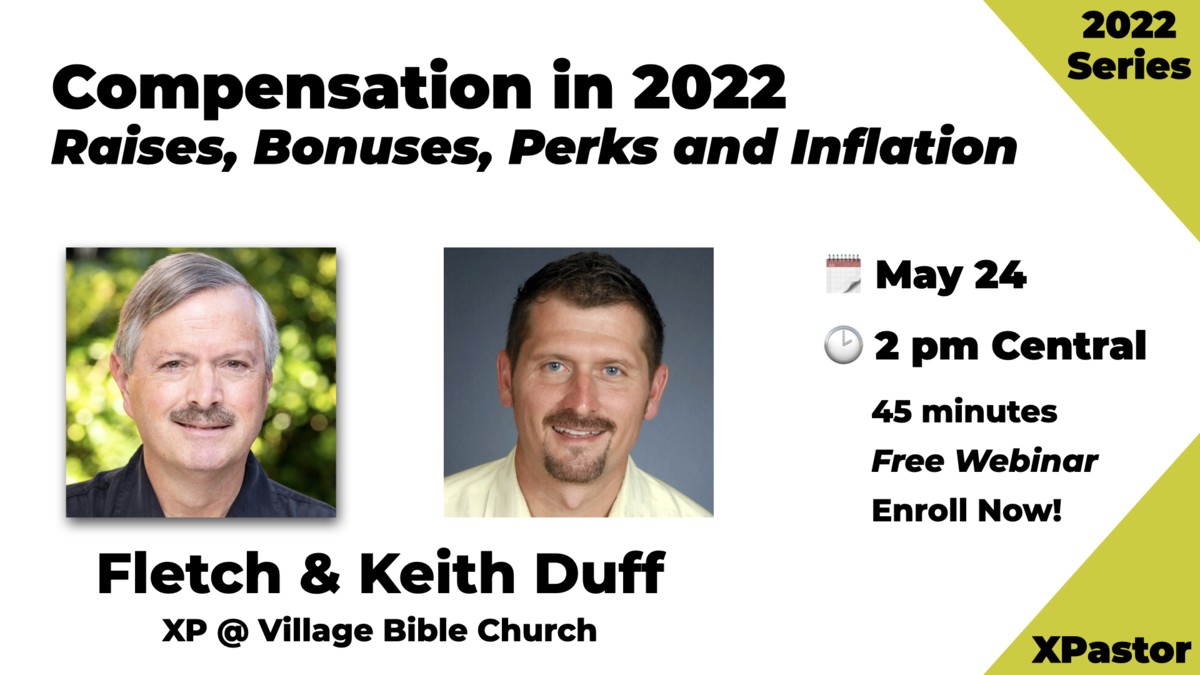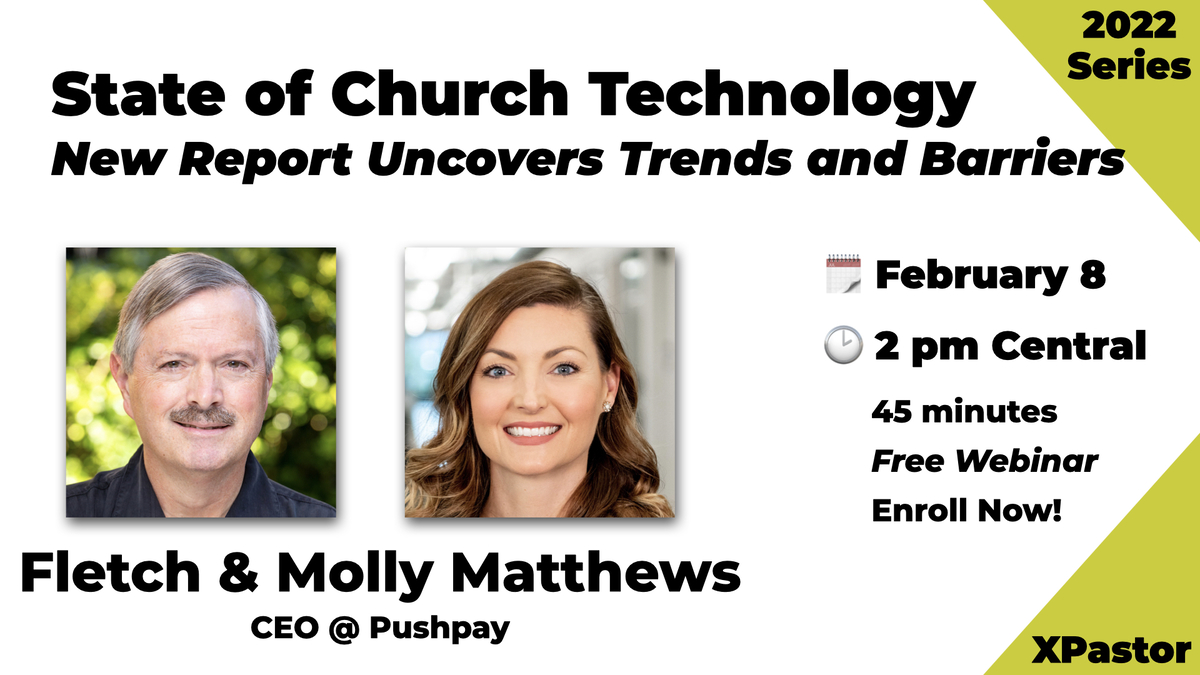Every data point represents a soul. Are you treating it that way?
You and I got into ministry because we know people matter. We feel compelled to help people meet, follow and share Jesus. But over time, things got complex. Our churches and ministries grew—which is great! But the growth makes it difficult to see individuals through the crowd. This leaves us with a weird mix of excitement about reaching more people but also a burden by the weight of discipling them well.
- Many of us gather data in a Church Management Software (ChMS).
- Groups take attendance.
- Volunteer teams, students and kids check in.
- Giving information is gathered.
- Other programs and activities are recorded.
Data into Discipleship
How are we taking that data and transforming it into discipleship? Are we leveraging that data in a way that really clarifies and sharpens the decisions we make? In how we identify care needs? In how we shepherd and celebrate the people of our church? When fully utilized, data can help us do all of these things.
Different churches are at different stages in collecting and leveraging data to shepherd people, evaluate ministry effectiveness and to drive decisions. Which one of the following best describes the current state of your data, not your desired state?
3 Scenarios of Data-Gathering
1—Your church gathers data pretty well, but doesn’t utilize it well.
Your next step is to determine what data is helpful, looking for, create systems for gathering data effectively, and cast vision to make it a part of your staff culture.
2—Your church gathers and leverages data but doesn’t leverage it efficiently or consistently.
Your next step is to simplify your data gathering and analysis process so that it can be a part of every decision and point you toward real people in real time.
3—Your church has advanced as gathering and utilizing data, but the information is spread across multiple spreadsheets and takes multiple staff members significant effort to make your data work for you.
Your next step is to get holistic engagement into one place rather than in various locations. This will make your staff more efficient and effective as the data is clearly visible and actionable. This prevents your staff from chasing data and reports rather than caring for people.
No matter which scenario you find your church in, you can likely afford to unleash the power of personal ministry by making the data you already have clear and actionable.
How Are Churches Maximizing Their Data?
Churches that are successful in this area understand the following actions are necessary.
1—Determine what data is actually helpful
Many churches gather useless data because they’ve always done it. For example, some churches manually enter the date a guest went to their Welcome Center in the ChMS profile of the individual. But how are you actually using that piece of information to evaluate or disciple?
Always ask these three questions when deciding what data to gather:
- How does this piece of information help me understand the overall health of our church and make decisions?
- How does this piece of information help me evaluate and improve the effectiveness of this ministry?
- How does this piece of information help me understand the discipleship journey and/or engagement of the individual?
If you’re gathering data that can’t answer any of those questions, you can probably stop gathering it.
2—Define reality and set goals
Facts are our friends. Read that again. Do you believe it? No matter what the data is telling you, it’s important to recognize that we must know where we are, reality, to get to where we want to be, goal.
It’s great to know how many people are in groups, but is that number good? How would we know if there wasn’t a target defined? Setting agreed upon goals is a great way to set everyone up for success by providing clarity.
3—Don’t forget the power of personal pastoring
Gathering the data, defining reality and setting goals are an excellent start. However, doing those things alone does not meet care needs, shepherd people through doubt, depression, divorce, diagnosis or economic duress or improve retention and close the back door. You and your team do.
Don’t allow the objective data to distort your view of the subjective heart status of individuals. Just because people are highly engaged does not mean they have a personal relationship with Jesus and are regularly practicing spiritual disciplines. Neither is the opposite true. We can not set aside the pastoral work that must be done once an institutional tool has indicated that an individual touch is needed.
Conclusion
In order to best steward the people God has entrusted to us, we should be using every resource at our disposal. Take time in the near future to meet with your team and discuss how you can improve in this area by maximizing your data. There is more untapped potential than you may imagine.
Looking for assistance with your data? Visit pathengagement.com to learn about PATH, a software that was created by a church for churches to transform your data into discipleship.




